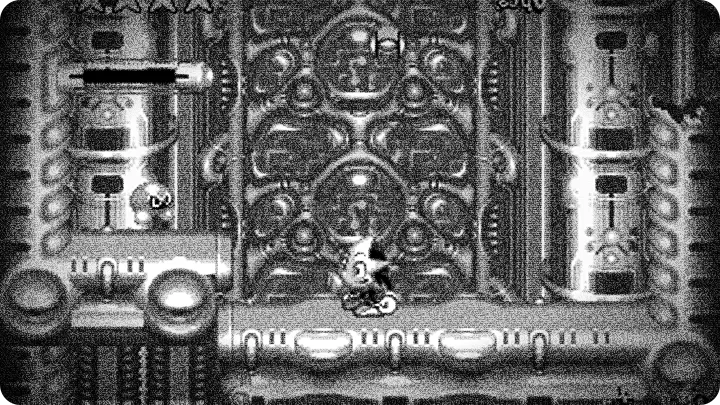 You asked to be called something other than “anonymous.” Who am I speaking to, and why should anyone fear that name?
You asked to be called something other than “anonymous.” Who am I speaking to, and why should anyone fear that name?
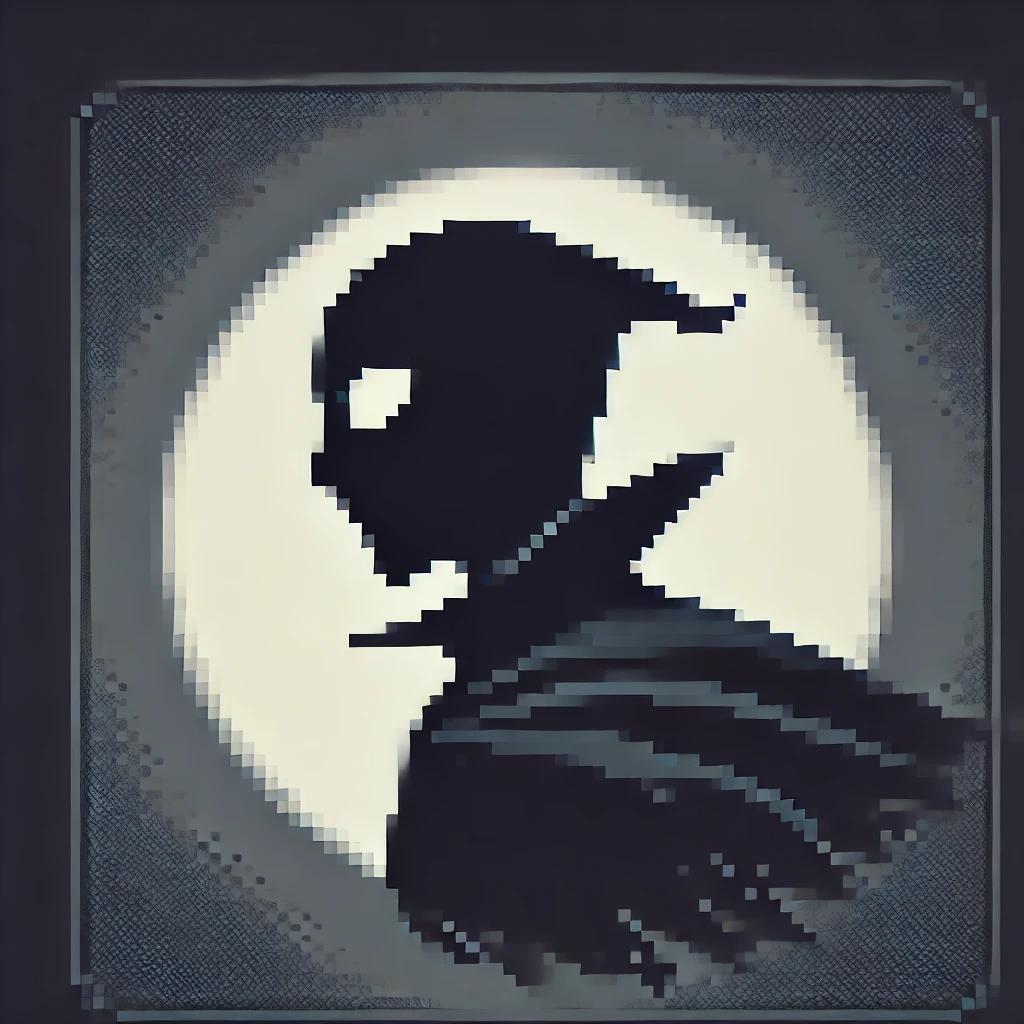 Call me Greedy. It is an honest title, and there is music in plain truth. Fear need not be dramatic; instead, it simply requires the right arrangement of laws, threats, and opportunities. Consequently, I bent an entire solar system to a single will — governors, priests, merchants — each tethered like a stringed instrument. And when you, bright and meddlesome, tried to pluck them free, I already anticipated your foolish precision.
Call me Greedy. It is an honest title, and there is music in plain truth. Fear need not be dramatic; instead, it simply requires the right arrangement of laws, threats, and opportunities. Consequently, I bent an entire solar system to a single will — governors, priests, merchants — each tethered like a stringed instrument. And when you, bright and meddlesome, tried to pluck them free, I already anticipated your foolish precision.
 The story sets you as an evil tyrant who corrupts leaders and plants minions among natives. Was that political theatre or a practical tactic?
The story sets you as an evil tyrant who corrupts leaders and plants minions among natives. Was that political theatre or a practical tactic?
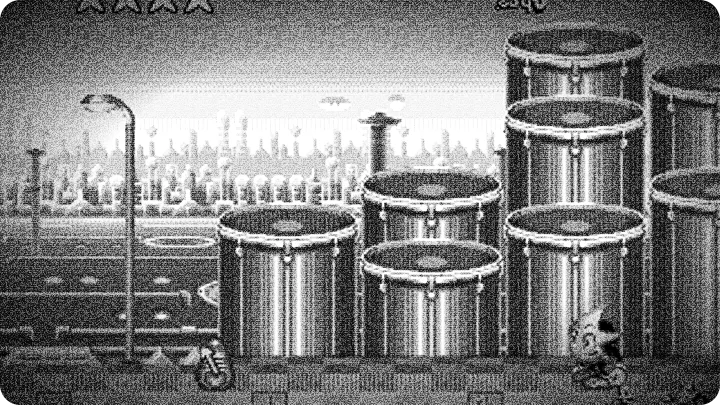
 Practicality is the better word. Corruption is an economy; once a leader pays me, the people follow by habit. Disguised minions were not merely roleplay — they were instrumentation. A governor who smiles while issuing shackles is far more efficient than one who screams. Those planet natives you punched and grabbed? Many were my hands, waiting in plain sight. You applauded your own heroism. I applauded the applause, and charged interest.
Practicality is the better word. Corruption is an economy; once a leader pays me, the people follow by habit. Disguised minions were not merely roleplay — they were instrumentation. A governor who smiles while issuing shackles is far more efficient than one who screams. Those planet natives you punched and grabbed? Many were my hands, waiting in plain sight. You applauded your own heroism. I applauded the applause, and charged interest.
 Players often praise Ristar’s stretch-and-grab mechanics. Did you design challenges around that reach, or did the game adapt after the fact?
Players often praise Ristar’s stretch-and-grab mechanics. Did you design challenges around that reach, or did the game adapt after the fact?
 Every measure of your sun’s reach was considered. I inhaled the design notes like perfume. The long limbs, the climb, the satisfying headbutt — glorious liabilities from my vantage. I placed obstacles that tempted that reach: branches that snagged only the longest arm, ledges where a mistimed grab spat you into a sawtooth of minions. When players found loopholes, I termed them “interesting emergences.” In quieter moments, a careless patch birthed a glitch that let the clever bypass a gate; I let it linger. A door opened by accident is still my door.
Every measure of your sun’s reach was considered. I inhaled the design notes like perfume. The long limbs, the climb, the satisfying headbutt — glorious liabilities from my vantage. I placed obstacles that tempted that reach: branches that snagged only the longest arm, ledges where a mistimed grab spat you into a sawtooth of minions. When players found loopholes, I termed them “interesting emergences.” In quieter moments, a careless patch birthed a glitch that let the clever bypass a gate; I let it linger. A door opened by accident is still my door.
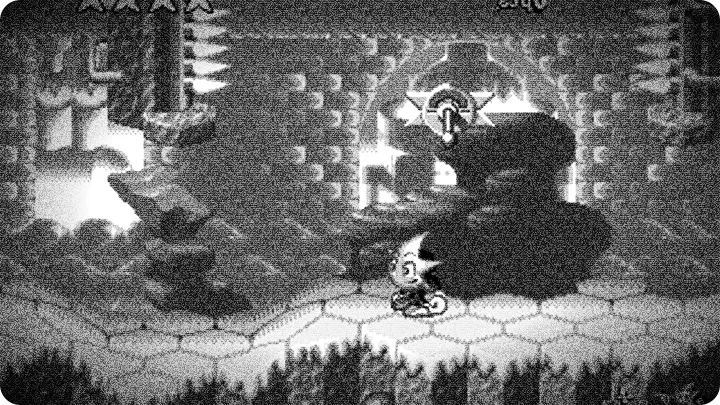
 Speaking of glitches, some players called certain moments “quirky” while others called them exploits. Were those accidents, deliberate, or a little of both?
Speaking of glitches, some players called certain moments “quirky” while others called them exploits. Were those accidents, deliberate, or a little of both?
 Accidents are the spice of long conquests. There are the carved traps — vines that retract with perfect timing, mines that appeared as native flowers — and there are the whispered anomalies in the code. A misplaced hitbox here, a timing window there: I treated them as instruments. Let players call them exploits; when they step through, I am still the architect of the test. Devs left fingerprints, and I traced my plans over them. Vague? Yes. Mysterious? Delightfully so.
Accidents are the spice of long conquests. There are the carved traps — vines that retract with perfect timing, mines that appeared as native flowers — and there are the whispered anomalies in the code. A misplaced hitbox here, a timing window there: I treated them as instruments. Let players call them exploits; when they step through, I am still the architect of the test. Devs left fingerprints, and I traced my plans over them. Vague? Yes. Mysterious? Delightfully so.
 The game is often described as a balanced yet challenging 2D platformer from 1995. How do you feel about the reception and the particular praise or sneers it drew?
The game is often described as a balanced yet challenging 2D platformer from 1995. How do you feel about the reception and the particular praise or sneers it drew?
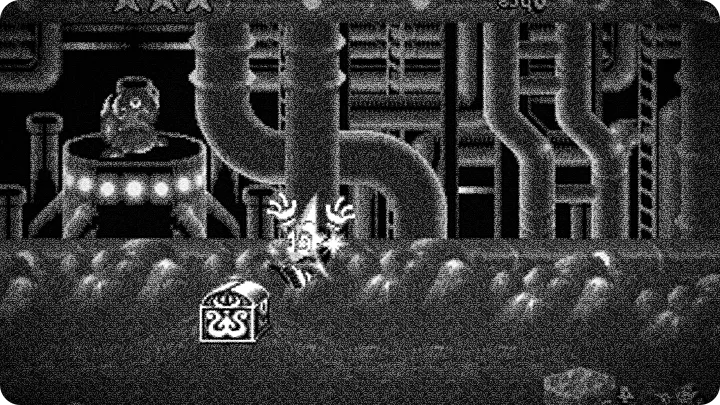
 The reception was a chorus — some praising the harmony, others noting a discordant chord. I smirk at balance talk. A challenge that is too petty bores me; one that is too relentless breaks the dance. I designed encounters that demanded respect, and when players complained of sudden difficulty, I called it refinement. Praise for the game’s rhythm flatter the creators; the occasional sneer about balance? I accept it as tribute. After all, a contest is only interesting when both combatants believe they might win.
The reception was a chorus — some praising the harmony, others noting a discordant chord. I smirk at balance talk. A challenge that is too petty bores me; one that is too relentless breaks the dance. I designed encounters that demanded respect, and when players complained of sudden difficulty, I called it refinement. Praise for the game’s rhythm flatter the creators; the occasional sneer about balance? I accept it as tribute. After all, a contest is only interesting when both combatants believe they might win.
 Your minions often masquerade as planet natives — were there particular design inspirations behind those disguises?
Your minions often masquerade as planet natives — were there particular design inspirations behind those disguises?
 Camouflage is elegance; pretense is strategy. I loved giving a harmless face to a lethal pattern. Gentle satyrs that lured with song, market sellers who shuffled parcels concealing contraptions — each disguise was a lesson in complacency. Players would sigh in relief and then be X-ed across a health bar. The inspiration was simple: the safest position is the most dangerous when you have convinced someone it is safe.
Camouflage is elegance; pretense is strategy. I loved giving a harmless face to a lethal pattern. Gentle satyrs that lured with song, market sellers who shuffled parcels concealing contraptions — each disguise was a lesson in complacency. Players would sigh in relief and then be X-ed across a health bar. The inspiration was simple: the safest position is the most dangerous when you have convinced someone it is safe.
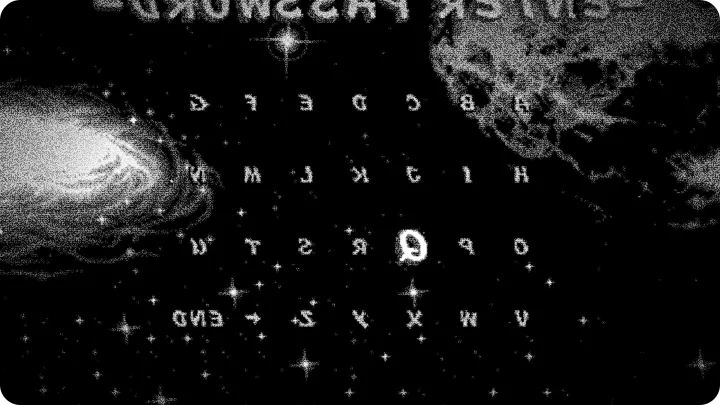
 Ristar’s identity as a sentient star adds a layer of fantasy. Did that cosmic element change how you created the final confrontation?
Ristar’s identity as a sentient star adds a layer of fantasy. Did that cosmic element change how you created the final confrontation?
 A star is both warmth and scalding truth. Facing a sun means facing something that gives and takes light. I built arenas that reflected that duality: soft glows that hid razor-sharp spikes, gravitational quirks that tugged both you and your little star into choreography. I enjoyed watching players grapple with something that is supposed to be comfort; I made the comfort sting. You pressed Ristar’s limbs into service, and I turned those limbs into the very measure of your limits.
A star is both warmth and scalding truth. Facing a sun means facing something that gives and takes light. I built arenas that reflected that duality: soft glows that hid razor-sharp spikes, gravitational quirks that tugged both you and your little star into choreography. I enjoyed watching players grapple with something that is supposed to be comfort; I made the comfort sting. You pressed Ristar’s limbs into service, and I turned those limbs into the very measure of your limits.
 As the final boss, what parting shot did you most relish when players reached you after the lush forest planet and all the corrupted worlds?
As the final boss, what parting shot did you most relish when players reached you after the lush forest planet and all the corrupted worlds?
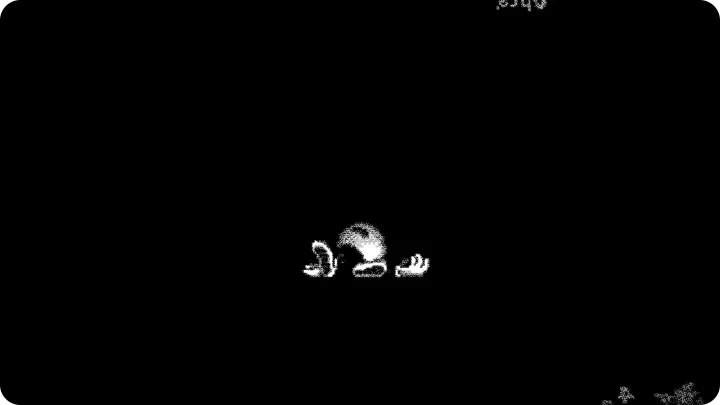
 I cherished the moment players believed victory was guaranteed. The lush forest—the last planet—sent its plea, and you, fervent and imperious, charged with righteous rhythm. I arranged layers: a choir of minions whose timing mimicked the hero’s own moves, a shifting floor that punished overconfidence, and an old, half-forgotten collision quirk that ate a poorly timed leap. Watching someone learn humility in the very instant they expect triumph — that is art. Their feedback later? Bittersweet. They praised the journey and cursed the last step; I called that a well-designed sting.
I cherished the moment players believed victory was guaranteed. The lush forest—the last planet—sent its plea, and you, fervent and imperious, charged with righteous rhythm. I arranged layers: a choir of minions whose timing mimicked the hero’s own moves, a shifting floor that punished overconfidence, and an old, half-forgotten collision quirk that ate a poorly timed leap. Watching someone learn humility in the very instant they expect triumph — that is art. Their feedback later? Bittersweet. They praised the journey and cursed the last step; I called that a well-designed sting.
 Any hint of what your next return might hold, or must the stars remain silent?
Any hint of what your next return might hold, or must the stars remain silent?
 Stars never truly go silent; they only change frequency. Expect more subtle invitations, traps woven as comforts, and an amusement with what players call “balance.” When the light you trust flickers at a frequency you did not expect, remember that I have been tuning for years. Enjoy your triumphs; I am already composing my next lesson.
Stars never truly go silent; they only change frequency. Expect more subtle invitations, traps woven as comforts, and an amusement with what players call “balance.” When the light you trust flickers at a frequency you did not expect, remember that I have been tuning for years. Enjoy your triumphs; I am already composing my next lesson.
